Kayla-Megan Burns is the Founder of Podplistic. Podplistic is developing AI-enabled podcast production software. Think how Canva combined the functions of Microsoft Word, PowerPoint, and Photoshop into one online, collaborative tool – this is what Podplistic is doing for podcast production, with a specific focus on how this impacts the global news and media industry.

Before going to San Francisco, I had a solid 24-month plan for building and launching Podplistic. I’ve come back with a brand new 3-year vision that’s ambitious, and yet achievable.
As a founder – or really in any aspect of life – I have never lacked ambition. Although I was one of the youngest founders on the trip, had the least technical experience, and didn’t actually have a complete product yet, I set off to San Francisco with the ambition of learning as much as humanly possible and raising $2M to rapidly build and launch within the next 12 months.
I had laid the groundwork, securing a Letter of Intent from a major global news organisation – our ideal first client – with seven more in the pipeline. I curated a calendar of events, attending at least one event a day throughout my three weeks in San Francisco, targeting everything AI and investment. I reached out to everyone in my network to help set up meetings with the right people. My pitch deck was polished, and I had gained some nice traction – particularly considering that Podplistic had only existed for about six months.
And yet, nothing could have prepared me for Silicon Valley.
A month’s worth of work in Scotland is a standard day in Silicon Valley. Every conversation happens on a higher level, things move quickly, and people have no concerns about using and sharing social capital – if an intro could be useful, it’s made instantly without question. A plan to reach $300M over five years, which would be scoffed at in Scotland, is not ambitious enough for SF – they want to know instead how you will exceed $1B within 10 years!
This scale comes with an entirely different handbook than what we are accustomed to in the Scottish ecosystem. Instead of competing and jumping through hoops to have a chance of getting £10,000 worth of funding in Scotland, they begin showing up to investor events and asking for $500,000 from day one! There is this whole ethos of just sharing what you have, no matter what stage you’re at, and that manifested in so many ways which just do not happen in Scotland.
Following an intro we were hosted by Cuvee, a drinks company hoping to set up their HQ in Scotland, on a wine tour of Napa and in the process secured introductions to key clients. An investor brought me around a networking event introducing me to his peers after deeming his own fund “too small” for my project, although I had made no ask in the conversation. I spontaneously pitched at a conference after-party when they opened up the stage, and sat at the back of a coffee shop reworking my financial models with an expert who was so keen to share their insights that we actually stepped out of a networking event to do it! I even had a conversation with an investor who asked if I would consider an offer for $5M instead of $2M “to get this built fast and right”!
The experience was surreal. Opportunities were plentiful, and while it took me many months to get the right intros to potential clients in Scotland and London, I nearly doubled the number of those intros within days in the US.
One of the most significant learnings from the trip was how my approach to the market changed. Investors in San Francisco were not interested in letters of intent; they wanted to see paid design partnerships from day one. This was something I had never encountered in the UK. It means you have paying clients before you even have a product, promoting a much more robust business model. The partner needs you to solve this problem for them, and is willing to pay to be a partner in the process of building something that really works for them. There is no unessential burn of capital building a product that no one wants and with the right partners, you have the opportunity to build a gold star solution.
Another eye-opening aspect was the ways of working. I was amazed to learn about “Founders Houses,” where founders live and work together, always having someone to bounce ideas off of. After visiting some of these, it became apparent that this is an incredibly effective way of working and knowledge sharing, breaking the isolation that often comes with being a founder – and yet there is not one of these in Scotland!

Kayla and fellow Silicon Valley cohort member Lewis at a founders house event where Podplistic was pitched to a party full of founders and techies
This approach was unintentionally validated by our SF cohort. We left Scotland as total strangers with none of our typical support networks and yet left with multiple ways of working together, projects being planned, major life decisions being made, and what I hope are lifelong friendships.

Silicon Valley cohort founders and friends
From here at Podplistic we are now signing design partners from the global news and media industry. This will not only set us on the path to build a strong and validated product, but it will also help us meet the necessary criteria for our offers of US investment, so stay tuned for big things in 2025!





-52.jpg)
.jpg)

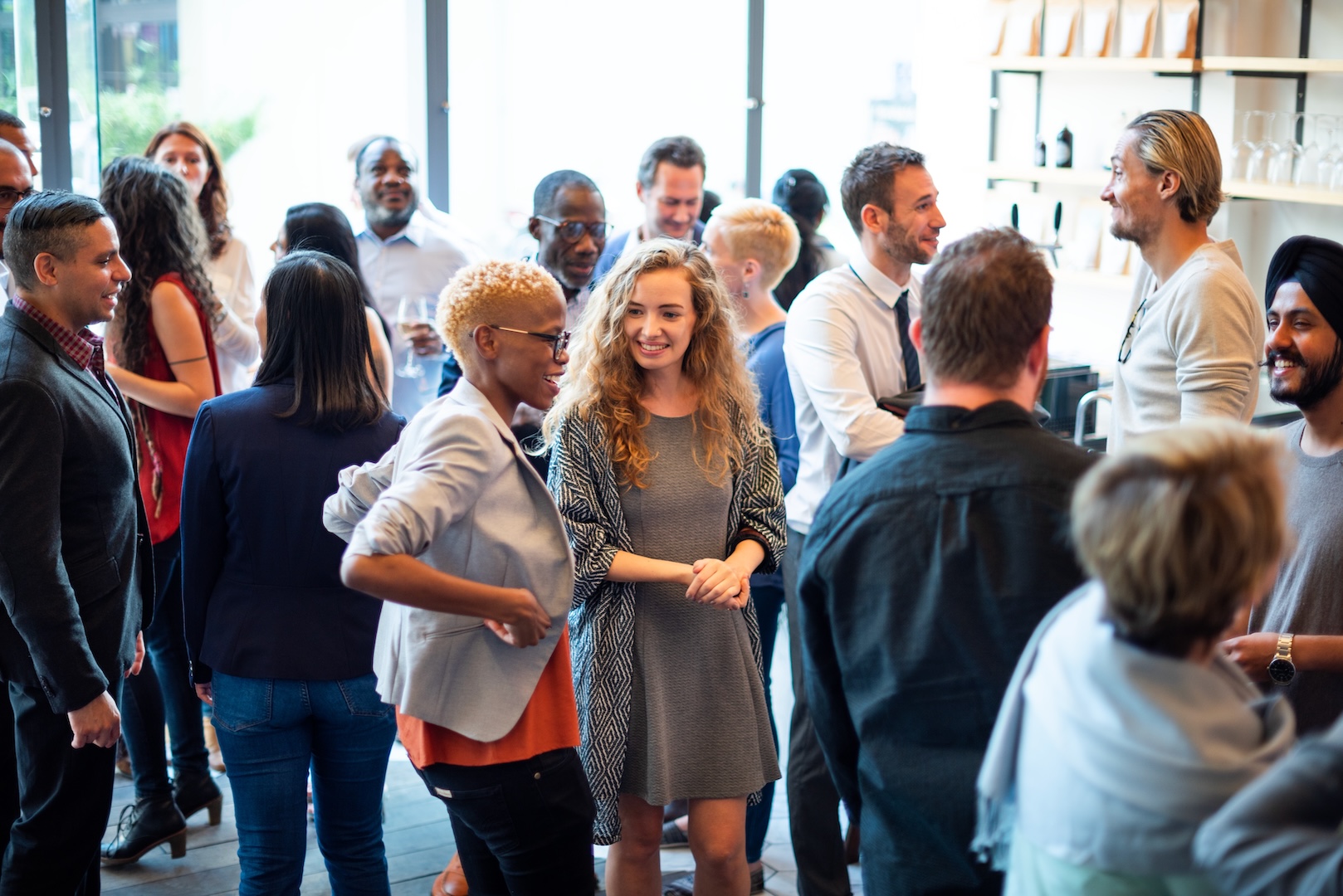

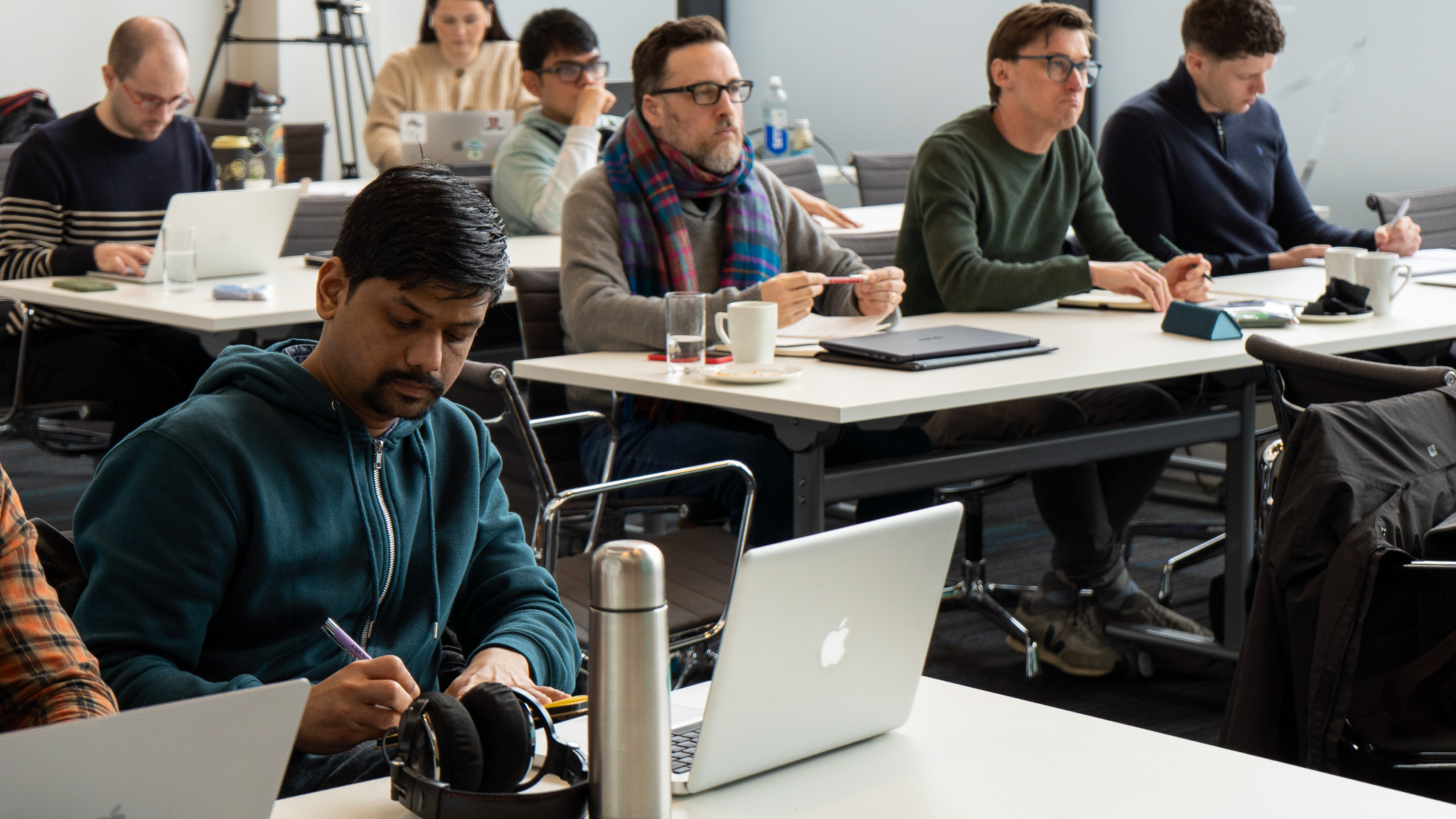


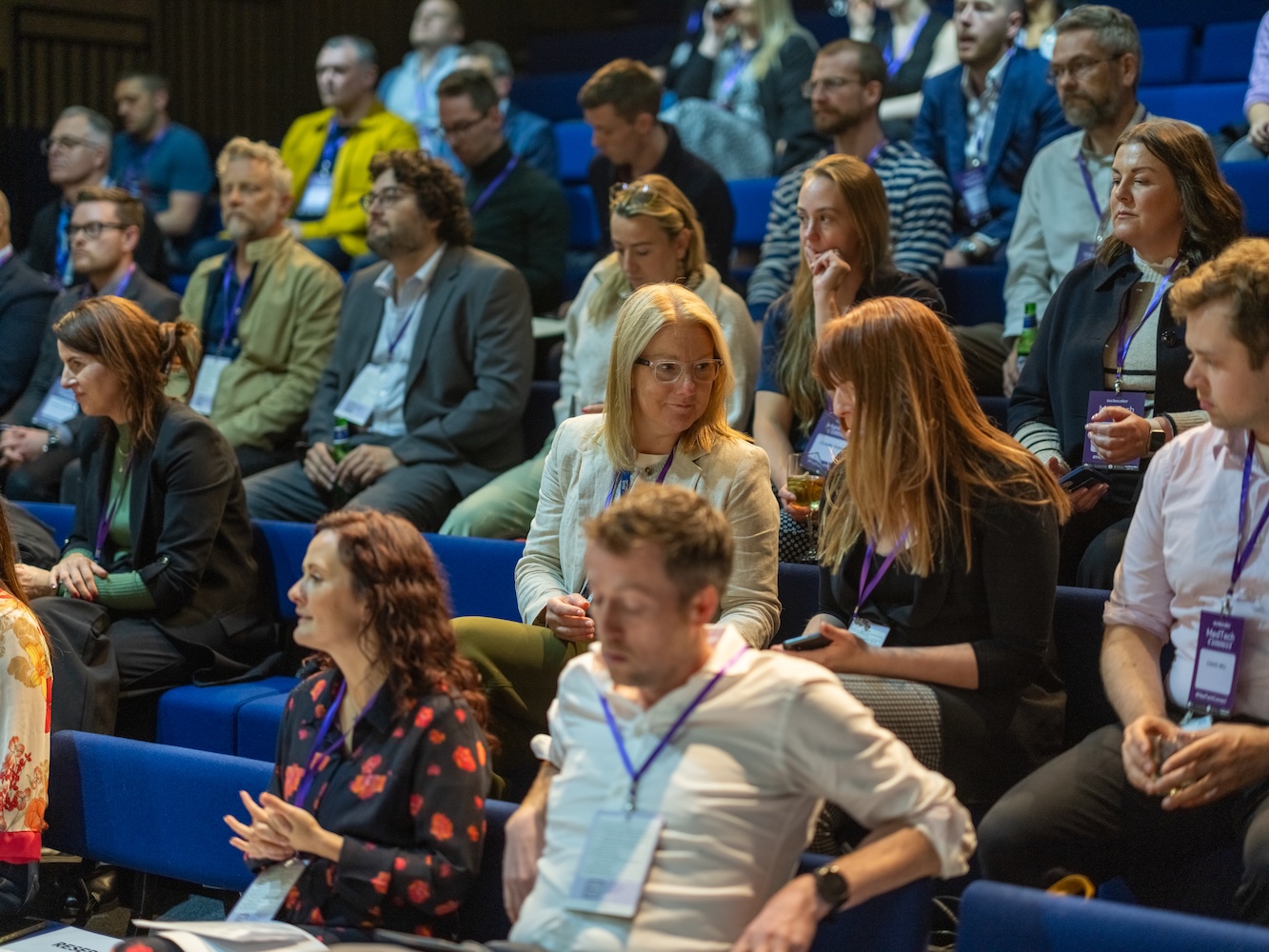
-2.jpg)
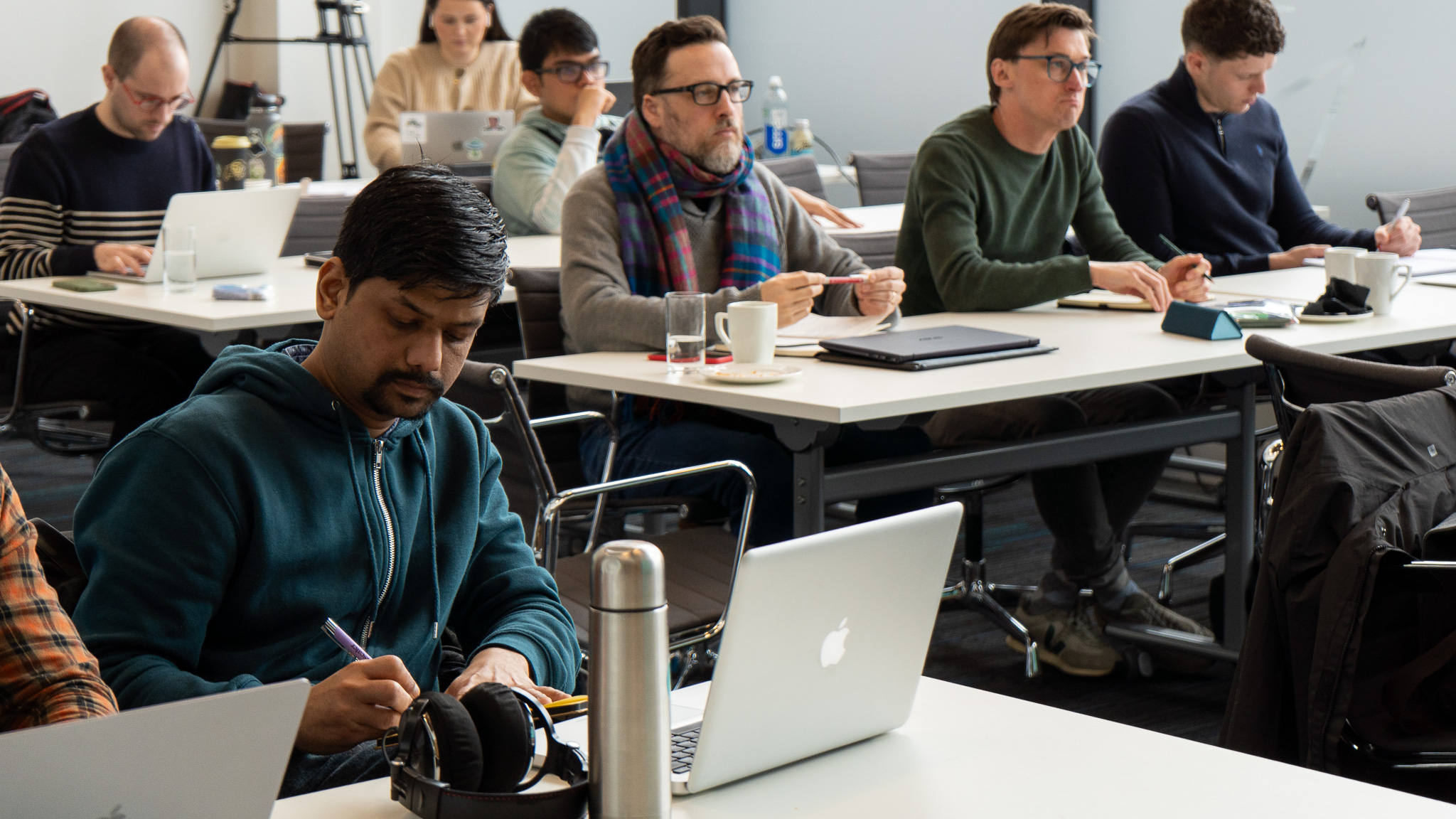
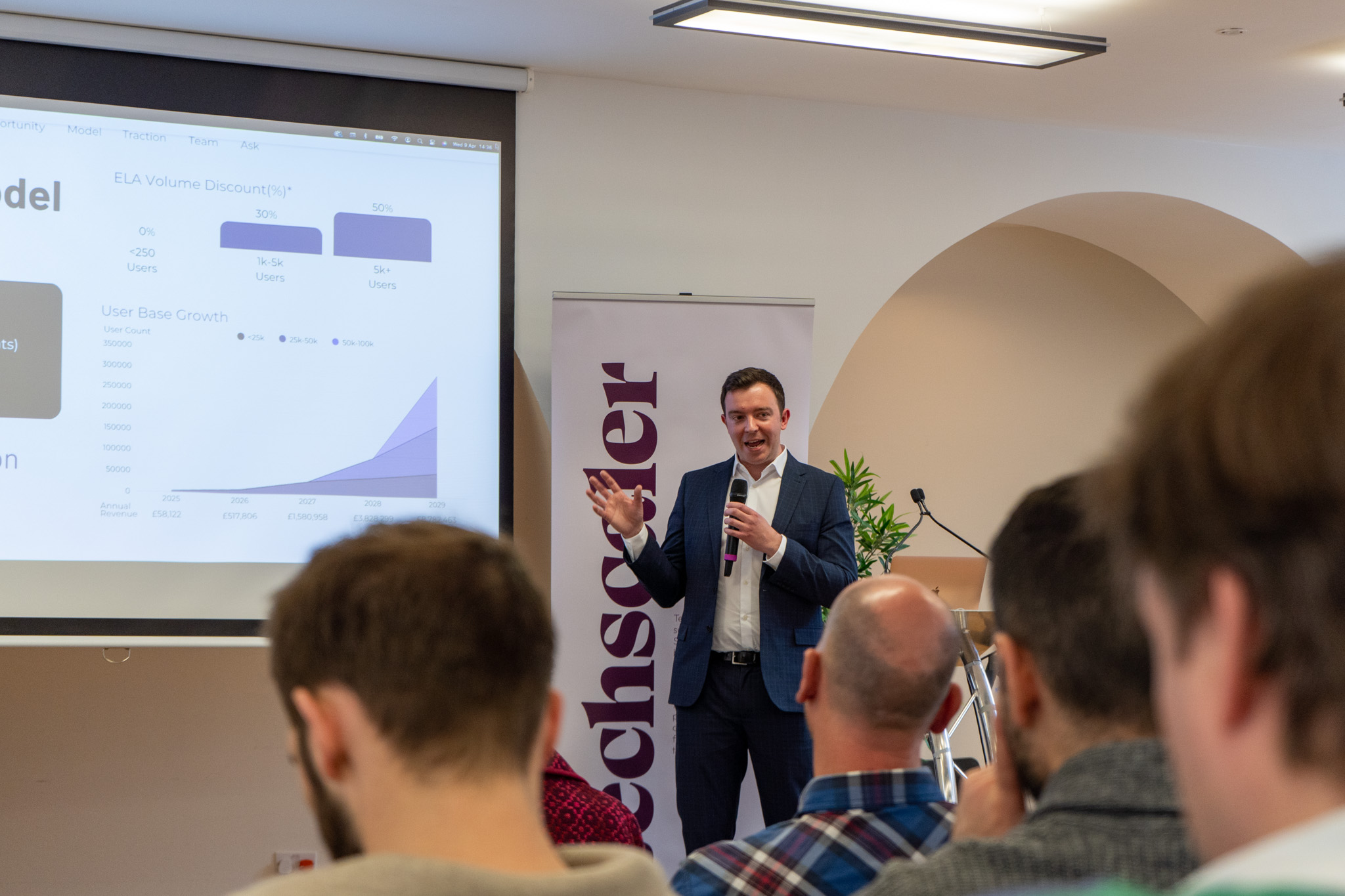












.png)

.png)







.png)
.png)
.png)

.png)

.png)
.png)



